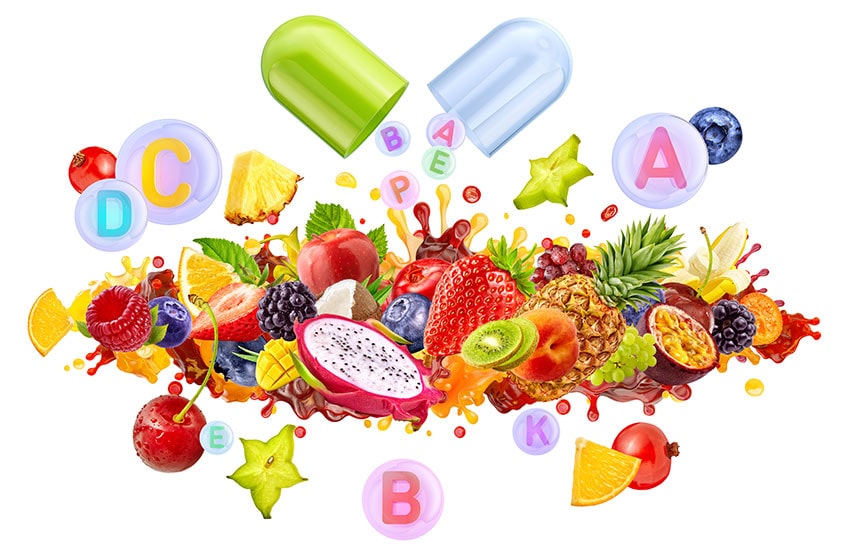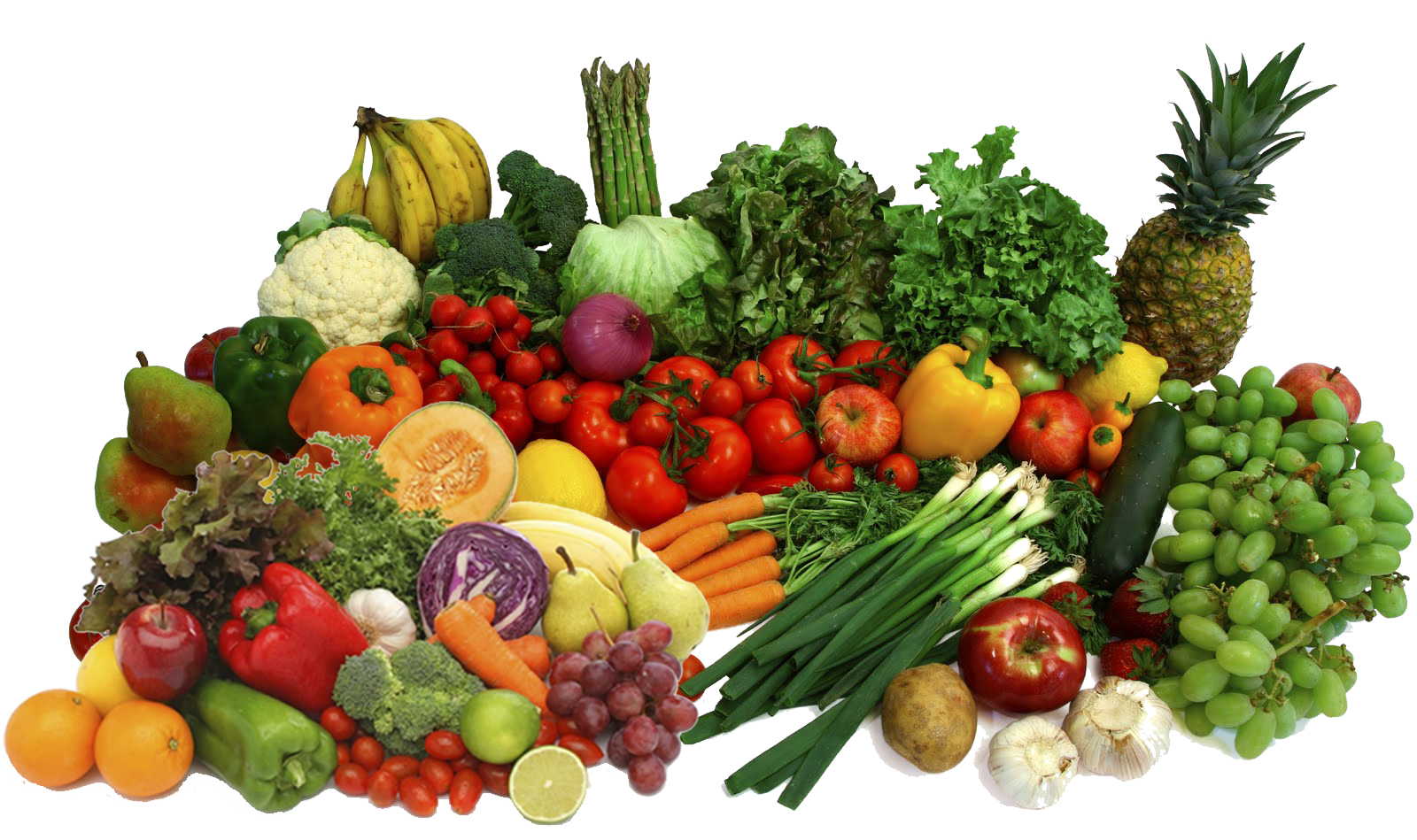Your hair, like other parts of your body, relies on a balanced diet to thrive. While external treatments like shampoos and conditioners can improve hair’s appearance, true health and strength begin from within. Vitamins play a crucial role in supporting hair growth, preventing damage, and maintaining a healthy scalp. In this article, we will explore the power of nutrition and the essential vitamins for promoting healthy hair.
The Power of Nutrition: A Foundation for Healthy Hair

Imagine your hair as a magnificent tapestry woven from strands of protein, each strand needing the right nutrients to remain strong and vibrant. These nutrients come from the food you eat, providing the building blocks for healthy hair growth. Think of it like this:
Protein:
Your hair is primarily composed of protein, specifically keratin. Without adequate protein intake, your body may prioritize other vital functions, potentially slowing down hair growth. It is essential to incorporate protein-rich foods such as lean meats, eggs, dairy products, legumes, and nuts into your diet for optimum hair health.
Vitamins and Minerals:
These essential micronutrients act as co-factors, collaborating with enzymes to carry out various processes vital for hair health. Deficiencies in certain vitamins and minerals can lead to hair loss, thinning, and even dull and brittle hair.
To ensure you are getting an adequate amount of these micronutrients, it is important to have a varied and balanced diet that includes fruits, vegetables, whole grains, and lean proteins. However, sometimes our bodies may require additional supplementation of specific vitamins to support healthy hair.
Unlocking the Secrets of Essential Vitamins

Here’s a closer look at some key vitamins and their roles in promoting healthy hair:
Biotin (Vitamin B7):
Often dubbed the hair vitamin, biotin is essential for producing keratin, the protein that forms the structure of your hair. A biotin deficiency can lead to brittle, thinning hair and even hair loss. While rare, deficiencies in biotin can occur, especially in individuals with certain genetic conditions, pregnant or breastfeeding women, and those consuming excessive amounts of alcohol.
Foods rich in biotin include eggs, sweet potatoes, almonds, and whole grains. However, if you are experiencing hair concerns, it may be beneficial to supplement with biotin to ensure you are getting adequate levels of this essential vitamin.
Vitamin A:
This vitamin helps produce sebum, an oily substance that keeps your scalp moisturized. A healthy scalp is vital for healthy hair growth, as it provides a nourishing environment for hair follicles to thrive. In addition, vitamin A also aids in the production of collagen, which is essential for keeping hair strong and preventing breakage.
You can increase your vitamin A intake by incorporating foods such as carrots, spinach, sweet potatoes, and red bell peppers into your diet. It is important to note that while vitamin A is crucial for hair health, excessive consumption can have adverse effects. Therefore, it is recommended to obtain this vitamin from food sources rather than supplements.
Vitamin C:
This powerful antioxidant not only boosts your immune system but also plays a significant role in promoting healthy hair. Collagen synthesis, which is essential for maintaining hair strength and elasticity, is dependent on vitamin C. Additionally, vitamin C aids in iron absorption, another crucial nutrient for healthy hair.
Include citrus fruits, berries, kiwi, and bell peppers in your diet to increase your vitamin C intake. Supplements are also available, but it is always best to obtain nutrients through food sources whenever possible.
Vitamin D:
Known as the sunshine vitamin, vitamin D is essential for overall health, including hair health. Research has shown that vitamin D stimulates hair follicles’ growth and plays a role in the hair cycle. A deficiency in this vitamin can lead to hair loss and thinning.
The primary source of vitamin D is sunlight, but it can also be found in fatty fish, eggs, and fortified dairy products. If you live in an area with limited sun exposure or have a strict vegan diet, supplementation may be necessary.
Vitamin E:
Another powerful antioxidant, vitamin E, helps protect the scalp from damage caused by free radicals. It also promotes blood circulation, which is important for delivering essential nutrients and oxygen to hair follicles. Adequate levels of vitamin E have been linked to stronger, healthier hair.
Nuts, seeds, avocados, and leafy greens are excellent sources of vitamin E. However, if you have a deficiency or other underlying health conditions, supplementation may be beneficial.
In conclusion, while external hair care treatments can improve hair’s appearance, true health and strength come from within. Incorporating a variety of nutritious foods into your diet ensures your body is receiving the essential vitamins and minerals needed for healthy hair growth. However, if you are experiencing hair concerns or have underlying health conditions, it may be beneficial to supplement with specific vitamins to support optimal hair function. Consult with a healthcare professional before starting any new supplements to ensure they are safe for you and your individual needs. With proper nutrition and targeted supplementation, you can nourish your locks from the inside out for strong, vibrant, and healthy hair.


